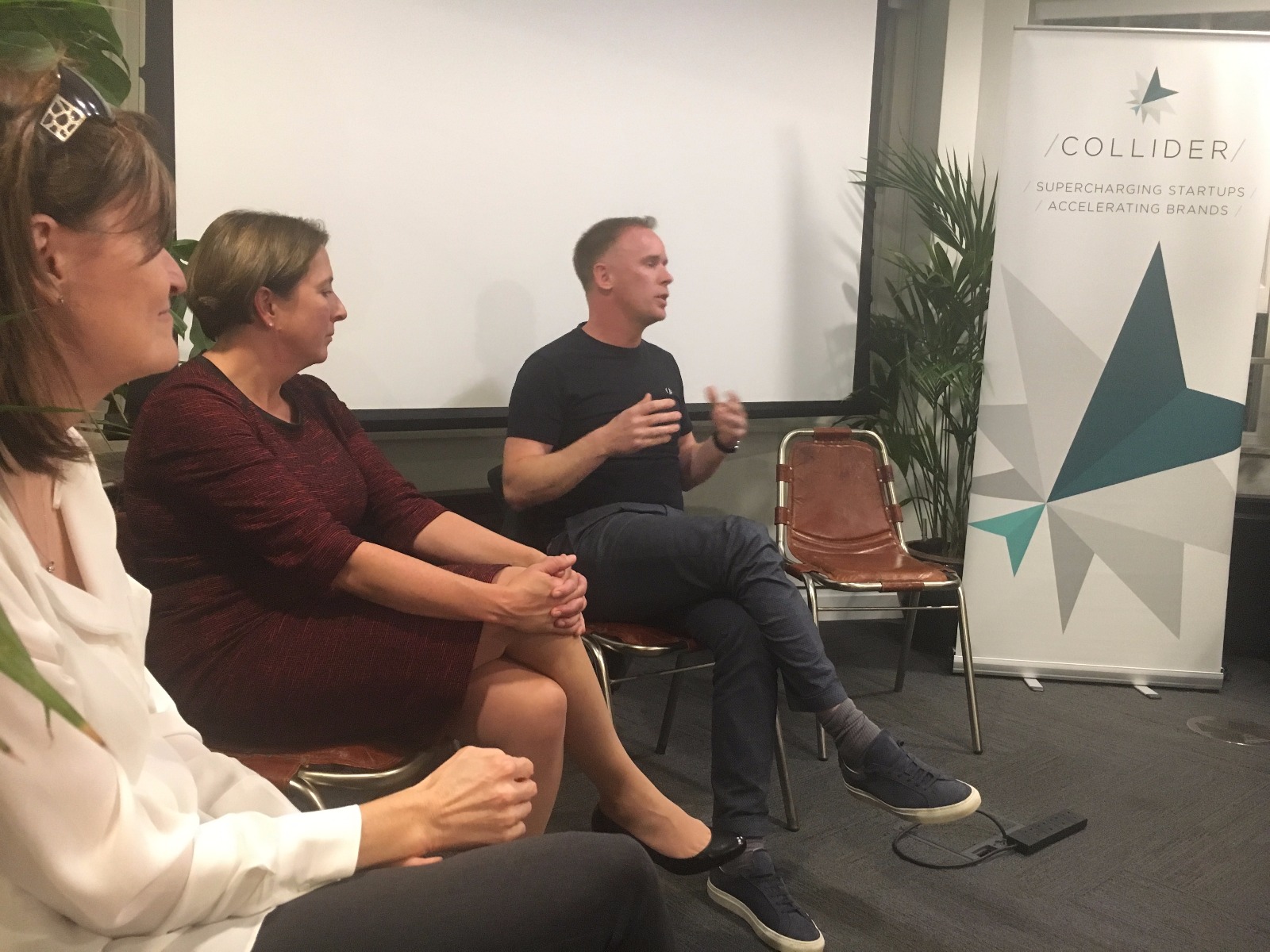If we told you content is king (or queen), you'd quaff with laughter at the use of such a cliche. But, what if we said we've found a pretty nifty content solution perfect for every day use for startups and small teams? Yep, that's peaked your interest.
We know some awesome social analytics programmes, referrals, user generated content and campaign solutions - I mean, check out our past five cohorts... but we wanted to test the market when it came to writing, planning and scheduling. That's where we found coschedule.
As you may know, we not only invest in early stage startups through our accelerator programme, but also have our Scaleup Network, which means we’re constantly on the lookout for companies of all ages.
That means we’re checking the market day-in-day-out, which is how we stumbled across CoSchedule, and realised it could really save a lot of time for our marketing team.
Creating
Coschedule combines your planning, writing and scheduling all in one place, meaning you can say goodbye to spreadsheets and old school flat plans, and hello to marketing ease.
Its ability to create and track campaigns is really what stood out for us – whether that’s email, social, video or even just notes, you can colour code your calendar and use specific set ups for any kind of marketing.
Organising
Within its simple calendar interface, you can plan campaigns, track to-do lists, assign jobs to team members and view all of your up and coming content in one place. Integrating seamlessly with Wordpress, you'll also see all of your blog posts.
But really… that integration is awesome. It means you can access CoSchedule either by their website login, or through the back end of your site, keeping everything neat and tidy.
And it’s worth digging a little further into their solution for working with teams: the to-do lists are a dream for anyone who loves a good tick to get through the day, and with team names next to each requirement, there’s no way you’ll lose track of your busy marketing schedule.
Scheduling
Whilst Coschedule is no better than other social scheduling platforms in terms of integration and analytics, it's super handy for tracking social campaigns.
You can schedule social posts in advance to any main social network from the calendar interface, but also from each blog post itself, which makes it much easier to track the distribution of information.
This is especially brilliant for using recall – if you’re wanting to re-share your posts but still want it to look organic, this tool makes it look easy. Gone are the risks of re-sharing the same piece too often, sharing too many articles in one day, or maybe even not enough.
Tracking
And you can see some analytics, so you can work out what's really working. This is especially great for re-sharing your previous articles, and testing which day and time works best. No need for more than one tab – it’s all in one place! What's more to love?
Want to know more? watch the video below:
https://vimeo.com/166544659










 With the most important vote of our generation within 24 hours, the Collider team would like to tackle the issue through the innovation lens aimed at startups. Whether that be in or out of the EU.
With the most important vote of our generation within 24 hours, the Collider team would like to tackle the issue through the innovation lens aimed at startups. Whether that be in or out of the EU. As Collider has become a stead-fast part of the London innovation industry, we've seen incredible growth in the numbers and quality of applications year on year. And this year topped them all to date. With 262 from 43 different countries for the next best of MadTech, it's fantastically rewarding to be at the epicentre of the MadTech revolution.
As Collider has become a stead-fast part of the London innovation industry, we've seen incredible growth in the numbers and quality of applications year on year. And this year topped them all to date. With 262 from 43 different countries for the next best of MadTech, it's fantastically rewarding to be at the epicentre of the MadTech revolution.
